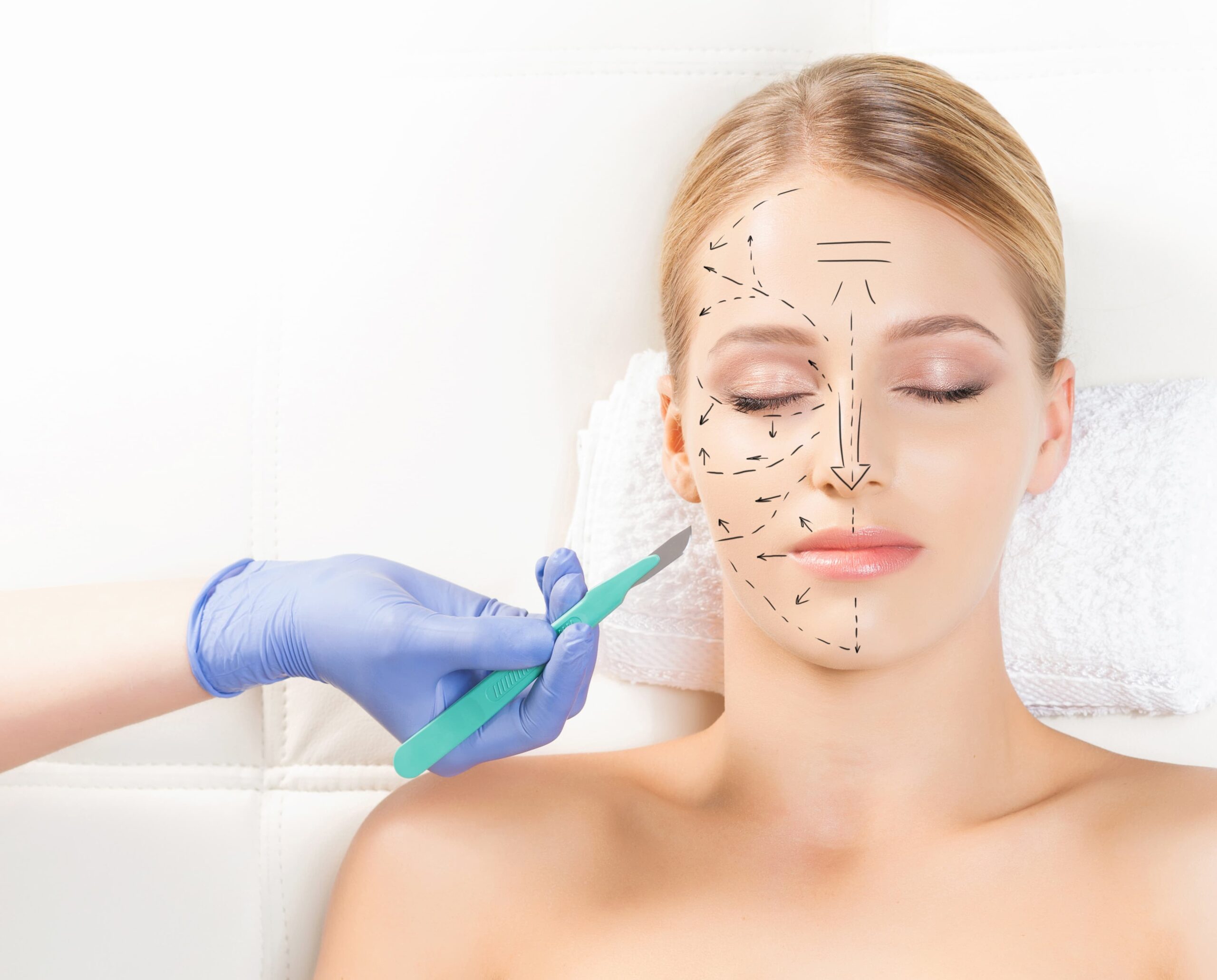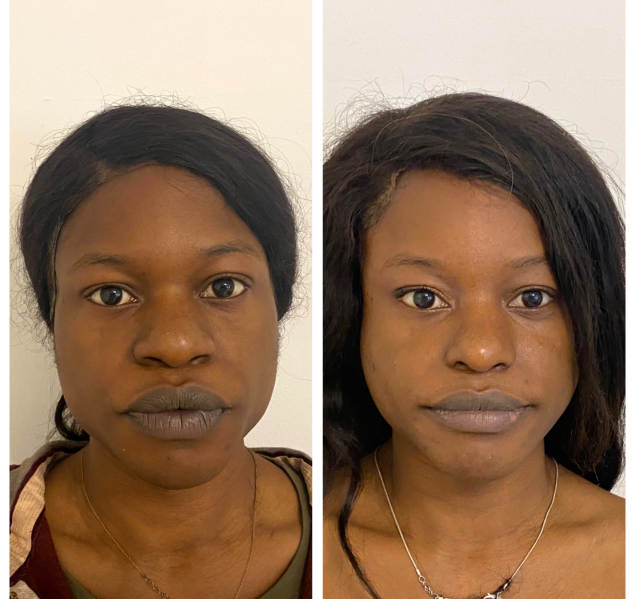Facelift Rancho Cucamonga: Smooth Wrinkles and Tighten Up Skin for a Youthful Look
Investigating the Psychological and Social Factors That Drive People to Consider Plastic Surgery as a way of Renovation
The decision to pursue cosmetic surgical procedure often prolongs beyond mere looks, intertwining with social and psychological dynamics that warrant complete assessment. Elements such as self-esteem, prevalent social charm requirements, and the prevalent impact of social media assemble to form individual motivations for medical improvement.
The Function of Self-confidence
Self-confidence substantially influences an individual's choice to go after cosmetic surgical treatment. People with low self-esteem typically perceive themselves in a negative light, bring about feelings of inadequacy regarding their physical appearance. This adverse self-perception can drive them to look for surgical interventions as a technique of improving their self-image. The desire for improvement in one's appearance is frequently linked to an idea that such modifications will certainly raise their overall self-regard and self-confidence.

Eventually, the duty of self-esteem in the decision-making process pertaining to cosmetic surgery highlights the intricate interaction in between body picture, individual fulfillment, and psychological wellness. Recognizing this relationship is important for medical care professionals to make certain that clients are making educated choices rooted in practical expectations and emotional wellness.
Societal Charm Specifications
Influenced by prevalent media portrayals and cultural narratives, societal elegance requirements play a crucial function fit people' assumptions of their very own bodies. These criteria are usually characterized by an idyllic type of elegance that emphasizes characteristics such as slimness, youthfulness, and symmetry. As these ideals are continued via various channels, consisting of advertising, television, and film, individuals frequently internalize these messages, bring about discontentment with their natural look.
The implications of these societal norms extend beyond aesthetic choices; they can impact self-esteem, psychological health and wellness, and social connections. Individuals that regard themselves as disappointing these criteria may experience feelings of inadequacy, prompting a wish for plastic surgery as a way of accomplishing societal approval. This quest is often sustained by the idea that complying with these ideals will improve not only physical appearance however also social standing and individual fulfillment.

Impact of Social Media
The effect of social elegance standards is more enhanced by the rise of social media platforms, where curated images and idealized depictions of elegance are ubiquitous. Individuals are constantly subjected to filtered and modified photographs, which usually show unattainable physical characteristics. This exposure grows a society of contrast, leading people to analyze their very own appearance versus these usually unrealistic benchmarks.
Social media influencers and celebs frequently advertise cosmetic treatments, stabilizing the concept that medical improvements are a practical methods for attaining social perfects (plastic surgery rancho cucamonga). The exposure of these improvements can create an understanding that undergoing cosmetic surgery is a basic technique, thereby affecting individuals to take into consideration similar interventions as a path to enhanced self-confidence and social acceptance
In addition, the interactive nature of social media enables immediate comments via likes and comments, further strengthening the wish to conform to prominent beauty criteria. Such interactions can exacerbate feelings of inadequacy and drive individuals toward cosmetic surgical treatment as a way of gaining recognition. Eventually, social media sites plays a critical duty fit understandings of appeal, which significantly influences the decision-making processes bordering plastic surgery.

Cultural Point Of Views on Look
Throughout different cultures, understandings of look are deeply rooted in historical, social, and financial contexts, shaping individuals' views on beauty and charm. In numerous societies, look acts as a significant marker of identification, influencing social standing, specialist possibilities, and individual connections. For example, in some societies, light skin is often see associated with wide range and benefit, while others may glorify darker complexion as icons of stamina and authenticity.
Additionally, standard appeal criteria are usually bolstered with social stories, media depictions, and family influences, leading to varying suitables across various areas (plastic surgery rancho cucamonga). In Western societies, the focus on youth and fitness commonly drives individuals toward cosmetic enhancement, while in specific Eastern societies, even more refined adjustments lined up with conventional aesthetic appeals may be favored
Globalization and the expansion of digital media have actually even more made complex these dynamics, creating a hybridization of elegance suitables that goes beyond geographical borders. As people progressively navigate these cultural stories, the stress to satisfy specific appearance requirements can lead to the desire for cosmetic surgery, mirroring an intricate interplay of personal goals and social worths. Recognizing these cultural point of views is important in attending to the motivations behind cosmetic surgical treatment factors to consider.
Mental Influences of Plastic Surgery
Several people looking for plastic surgery report experiencing extensive mental influences that can substantially alter their self-perception and emotional well-being - plastic surgery rancho you can try here cucamonga. The need for physical enhancement often comes from underlying problems such as low self-esteem, body dysmorphic problem, or social pressures concerning charm criteria. For some, the immediate post-operative phase can lead to a short-term boost in positive self-image and contentment with their look, promoting a sense of empowerment
Nevertheless, these favorable feelings might not be enduring. Research study suggests that while some individuals experience improved self-worth, others might deal with elevated stress and anxiety or anxiety if their assumptions are not satisfied. This discrepancy can emerge from impractical ideals bolstered by media depiction and cultural narratives surrounding charm.
Furthermore, the emotional ramifications of plastic surgery extend beyond the person. Relationships with friends and family might be strained as social dynamics shift, bring about feelings of isolation or alienation. Ultimately, the emotional impacts of plastic surgery are intricate and multifaceted, calling for careful consideration by both potential people and doctor to ensure informed decision-making and practical expectations.
Verdict
To conclude, the decision to seek cosmetic surgical procedure try this out is significantly affected by a combination of self-confidence problems, societal charm requirements, and social point of views on appearance. The pervasive reach of social media even more intensifies these stress, promoting unrealistic ideals that individuals commonly aim to acquire. Recognizing these emotional and social variables is essential for resolving the motivations behind plastic surgery, highlighting the demand for a much more nuanced discussion surrounding charm and self-acceptance in contemporary society.
The choice to go after cosmetic surgery typically expands past mere looks, linking with social and mental characteristics that warrant comprehensive evaluation. Ultimately, social media plays a critical role in shaping assumptions of beauty, which substantially impacts the decision-making processes bordering cosmetic surgery.
As people increasingly navigate these social stories, the stress to conform to specific look criteria can lead to the desire for cosmetic surgical treatment, mirroring a complicated interplay of individual goals and social worths.In verdict, the decision to pursue cosmetic surgery is substantially influenced by a combination of self-esteem problems, societal charm requirements, and social point of views on appearance. Recognizing these emotional and social variables is essential for addressing the inspirations behind cosmetic surgery, highlighting the demand for a much more nuanced conversation bordering elegance and self-acceptance in modern culture.